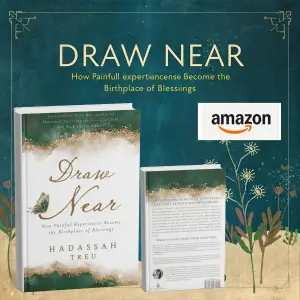Reflecting on Loss in the Digital Age: A Review of 100 Things We’ve Lost to the Internet by Pamela Paul
How often do we pause to consider what we’ve sacrificed at the altar of connectivity? When I stumbled upon Pamela Paul’s 100 Things We’ve Lost to the Internet, I felt an immediate connection. As someone who spends my days analyzing our interactions with the online world, I often share a sentiment with friends that, in many ways, "the internet was a mistake." This isn’t so much about the evils of disinformation or hate speech—which Paul deftly sidesteps—but about the softer, quieter losses that pervade our lives.
Paul’s exploration dives into the fabric of our day-to-day existence, threading together instances of joy, intimacy, and understanding that have either diminished or morphed into something unrecognizable. Each chapter reads like a poignant meditation on the intricate ways the internet has twisted our perception of reality. I found myself reflecting on how, just like the author, I often feel stuck in the liminal space between an analogue past and an overwhelmingly digital present.
The book elegantly lays out themes surrounding nostalgia, authenticity, and especially the notion of time. For many of us who remember life without constant notifications, it resonates strongly. Paul brings to life the emotional weight of experiences like waiting to tell our parents some crucial news until we were home—or the carefree days of school when a simple, spontaneous decision could go unchecked. Nowadays, even the thoughts we brush off are vulnerable to being broadcast in real-time. There’s a bittersweetness to that realization, one that Paul captures beautifully.
The writing style in 100 Things is both engaging and accessible, yet it carries the heft of profound thought. Paul balances personal anecdotes with broader societal observations. I was particularly struck by her narrative interjections, which prompt readers to evaluate their own experiences—a testament to her ability to speak not just to what we’ve lost, but also what we might reclaim.
One quote that lingered with me is, "We may have gained the world, but we’ve lost so much of what made it meaningful." This couldn’t ring truer as I recall my own venture into a digital detox after my phone shattered in 2019. The time I reclaimed for introspection was invaluable, echoing Paul’s sentiments about taking a step back to appreciate life in its raw form.
This book would resonate with anyone—especially those of us who’ve walked the tightrope between the tactile realness of our early years and the blaring notifications of our current lives. But it’s equally essential for younger generations who’ve grown accustomed to digital connections as their standard.
100 Things We’ve Lost to the Internet is not just a wake-up call but rather a heartfelt ode to the experiences that quietly shaped us all. It prompted me to reflect, with a little more clarity, on how I engage with technology moving forward. So, if you’re curious about the hidden costs of our digital existence, I highly recommend picking up this insightful exploration. You might just find the urge to re-evaluate your own relationship with the virtual world—much like I did.
Discover more about 100 Things We’ve Lost to the Internet on GoodReads >>






